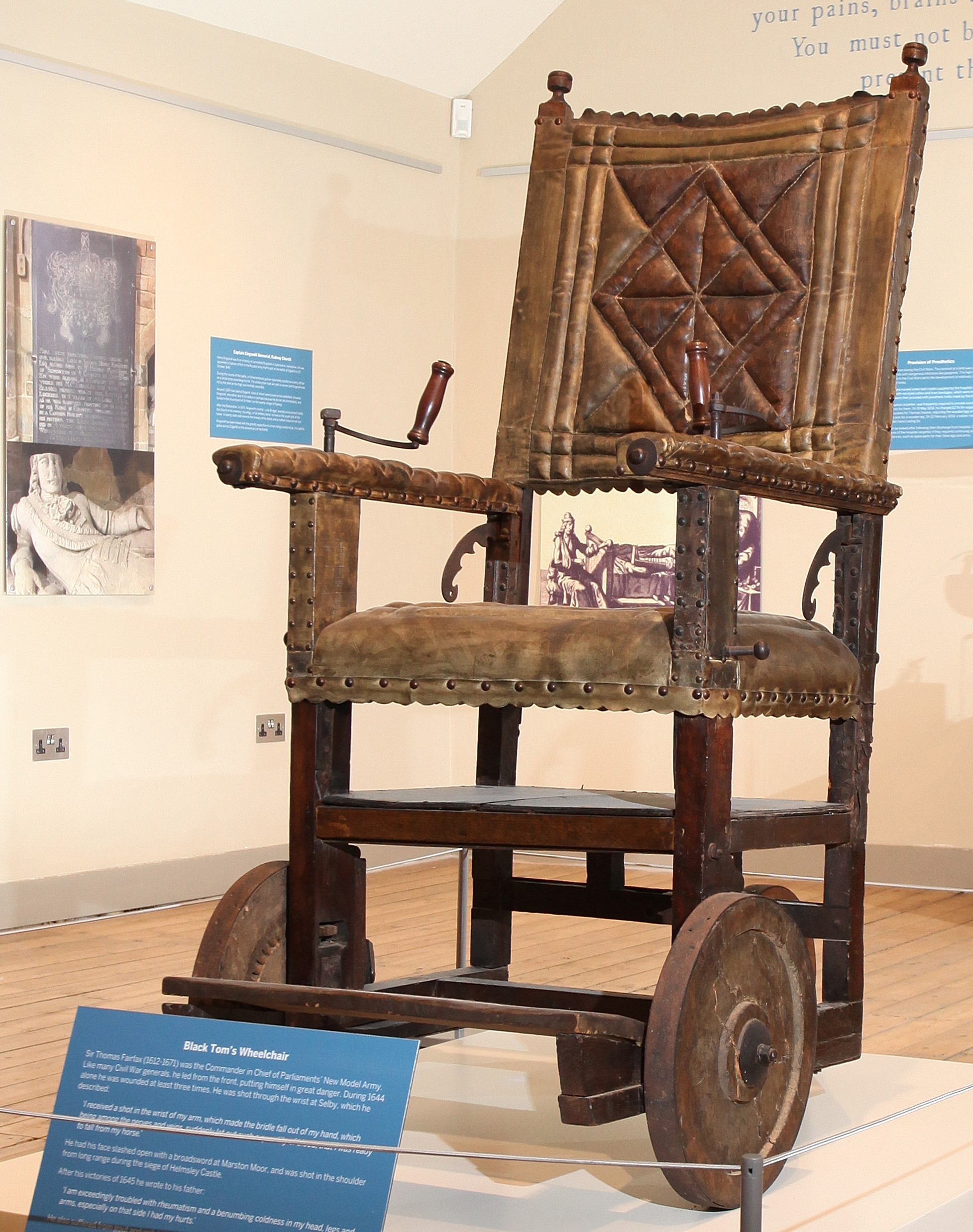In 1642 the Long Parliament promised welfare payments to wounded soldiers and their widows and orphans. This was not only an act of justice and mercy but an active encouragement to fight.
Those who risked their lives for the state now had an assurance that their livelihoods would not be destroyed by the debilitating effects of wounds and that their dependants would be supported.
Those who were wounded or who had lost husbands or parents, could write a petition
(a begging letter) outlining their needs and asking for financial help. Most of those in
need could not read or write. Therefore, these letters were usually written by a local
clergyman, schoolteacher or clerk, using a standard format.


